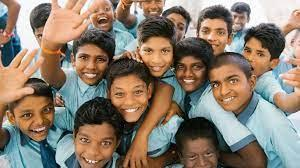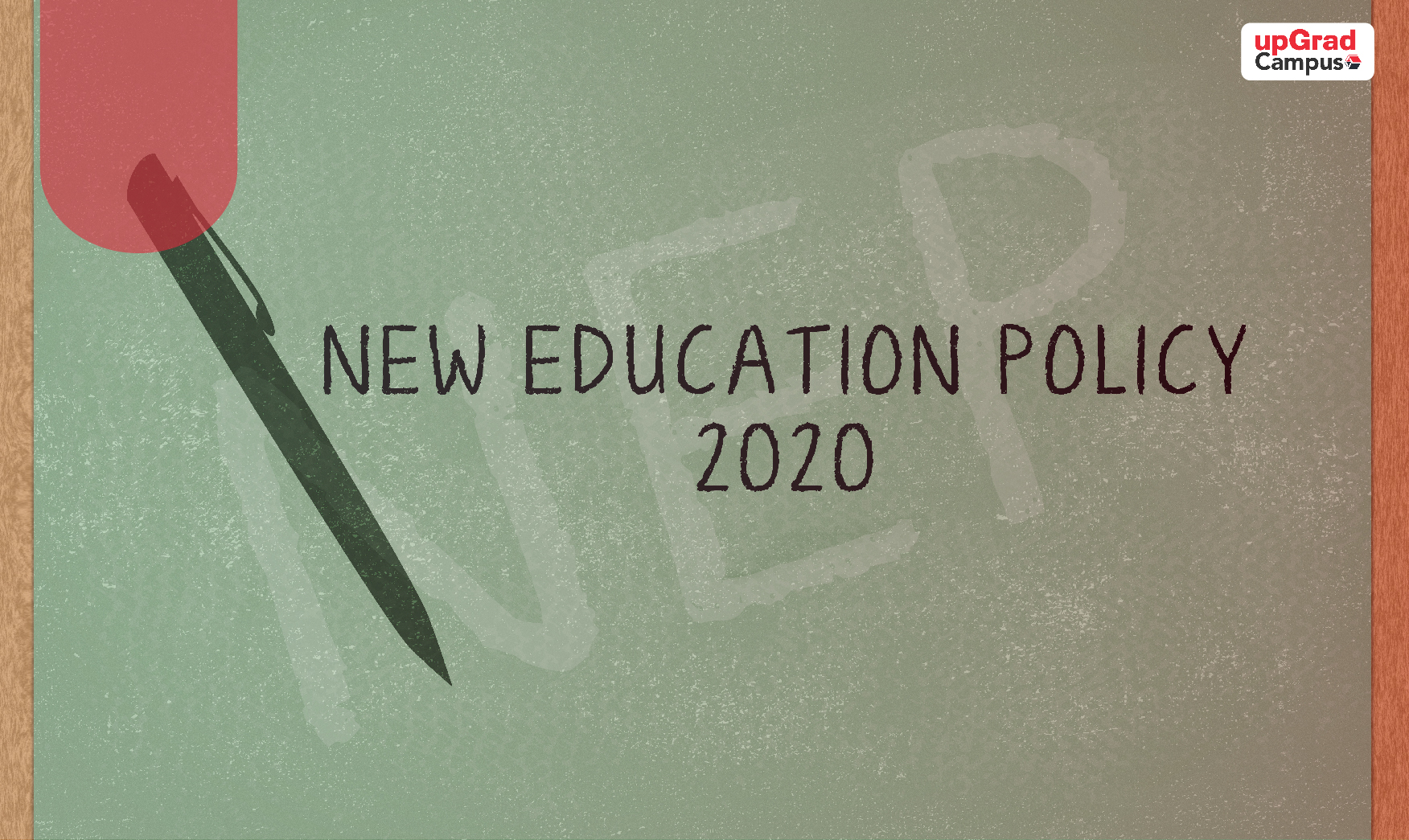Is NEP a landmark for the Indian Education System?
On March 28, 2022
This was a historic step taken by the Indian government as they replaced the 34-year-old national policy established in 1986. The government framed the NEP with a singular goal in mind: To transform India into a vibrant, knowledgeable society. This policy perfectly balances India's glorious academic past and the educational needs of today.
Some of the significant changes that took place in the new educational policy include reducing dropouts, streamlining the burdensome syllabi, multiple entries and exit options in degree courses, common entrance exam for all students at the university level, focus on vocational education and low-stakes board exams.
Each of these reforms will empower students to encounter better opportunities and choose the subjects of their choice. The educational system of any country is the mirror of its economic and social structure, and these steps are well-planned and will help India to attain a higher level of competency within a decade.
We have highlighted below some of the significant reforms of National Educational Policy 2020:
Revision In Mandatory Education
NEP 2020 took an overdue step by expanding the age group of obligatory schooling. According to the NEP 1986, the mandatory education was from 6-14 years, but now it has been revised to 3-18 years, which includes 12 years of studies and 3 years of pre-schooling wherein a child gets familiar with his/her surroundings and learns the most basic things.

Focusing on Regional Languages
Another welcome step that the Government of India took is directing the focus on a student's mother tongue. In the earlier policy, it was often seen that children got familiar with both English and Hindi but knew nothing about their regional languages. The policy states that the medium of instruction will solely be regional language until the fifth grade or, preferably, eighth, which in turn can help children develop a sense of belonging and interest in their culture and region. The policy states that there will be no compulsion to learn any language or opposition to any.

Power to Choose Subjects
A must-discussed topic was to blur the rigid line of subject separation so that students have the liberty to choose and learn something of their interest rather than what the framework asks them to learn. As per NEP 2020, students have the choice to pick their subjects across multiple streams that gives them a chance to recognize their interests and work upon them before they meet the outside world.
This is indeed a welcome move. Also, the government made it clear that vocational education will be introduced in the schools from the 6th grade, and other exciting opportunities such as regular internships will be offered.
No more Dropouts
The new educational policy has taken adequate steps that will undoubtedly be proven a life changer for many students and the entire nation. Similarly, in the list of NEP 2020, another most talked about plan involves the return of the FYUP program, implying no more dropouts. According to this policy, the maximum duration of any undergraduate (UDG) degree will be 3-4 years.
If any student wants to exit, there will be multiple options given to him/her within that period. This policy also states that if a student has completed a year before leaving, the college will grant a certificate, a diploma after two years of completion and a bachelor's degree once the three-year course is completed.

Final Thoughts
The new education policy has undoubtedly managed to touch the neglected parts of the Indian education system. Reforms have been efficiently framed, and now it's time for effective implementation. Education is a never-ending process; therefore, it was essential to introduce new reforms and redesign the existing policies. This educational policy was long overdue.
This policy is created to provide maximum flexibility to students. There are multiple crucial steps taken in their favor. Along with prioritizing students' interests, NEP 2020 has addressed some of the significant social and gender gaps that were left unexamined in the last educational policy. States and the Union government worked day and night to introduce the changes, and we are confident these will turn India into a knowledge hub.

If you are one of those people who are searching for a new way of learning or planning to re-establish their career trajectory, check out upGrad, that will provide you with a series of opportunities to choose from. With over 1 million registered learners and 300+ hiring managers, upGrad is a one-stop solution for all your learning needs.


